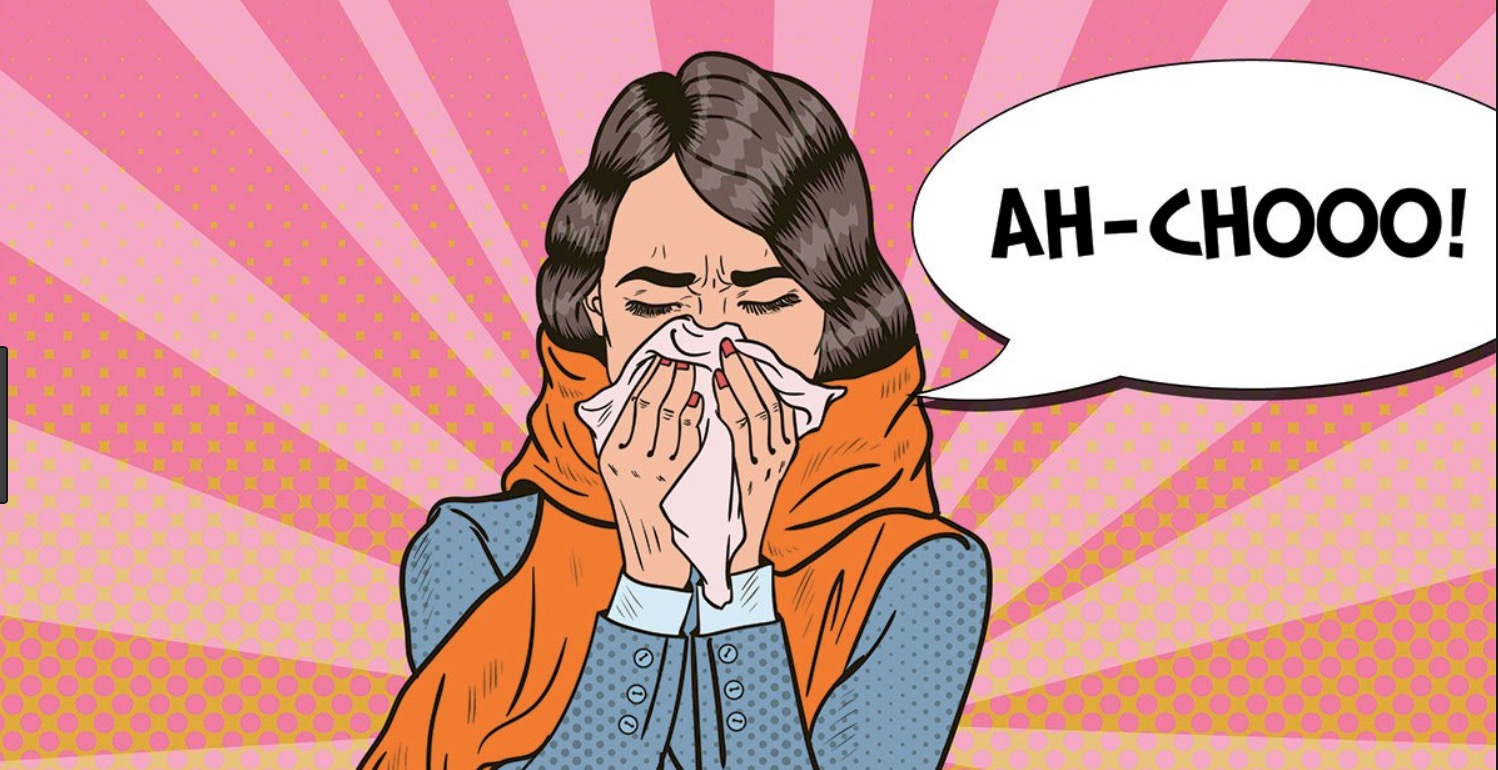Seasonal Allergies
Pollen, grass clippings and rampant weeds can be frustrating for people with seasonal allergies. Sneezing, runny or stuffy noses and itchy, watering eyes are some of the nuisance symptoms people experience during the spring and summer. Some strategies to limit allergy symptoms include staying indoors (especially when the pollen counts are high), using air conditioning instead of opening the windows, and/or getting someone else to cut the grass (that’s a bonus!).
Fortunately there are medications to help those of us who continue to suffer symptoms. When a person is allergic to something in the environment, their body reacts by reacts by release histamine. This extra histamine then causes your symptoms. Antihistamines are medications that block the H1 (histamine) receptor to give people relief from their allergy symptoms.
There are two generations of antihistamines:
First generation:
Examples include: diphenhydramine (Benadryl), chlorpheniramine, brompheniramine
They:
- work fast (get relief within 1-2 hours)
- are short-acting – wear out sooner so need to be taken every 4-6 hours for ongoing relief
- side effects include: drowsiness and anticholinergic (dry mouth, dry eyes, constipation, falls and confusion, especially a problem for seniors), so these aren’t the best choice for seniors
Second generation:
Examples include: loratadine (Claritin), desloratadine (Aerius), cetirizine (Reactine)
They:
- take a bit longer to start to work, but are good for maintaining control of symptoms
- are longer acting so are usually only taken once a day
- side effects – cause less drowsiness and have lower anti-cholinergic effects (dry mouth, dry eyes, constipation). Better choice for seniors
- more expensive than the first generation antihistamines
Choosing an antihistamine may seem simple, but your pharmacist should be consulted especially if choosing for children, if you are pregnant or nursing, have liver/kidney disease or a history of seizures. Medication allergies and your current medication use can also affect the choice.
It’s also a bit tricky because antihistamines are often “hidden” in many cough and cold products. It’s good to get professional advice to prevent you from accidentally taking duplicate drugs. In addition to oral antihistamines, there are eye drops, nasal sprays and inhalers that can be used for allergy symptoms. Your pharmacist is always available to help you make a safe choice. Were here – just ask and we will happily help!

